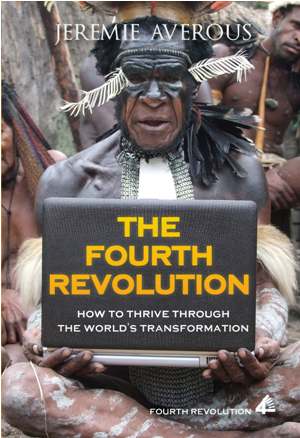There is an amusing contradiction.
We could think that all virtual collaboration tools should be bringing us toward the Fourth Revolution, into the Collaborative Age. On the contrary, some virtual tools do in fact keep us in the Industrial Age mindset.

Most tools that have been developed to enhance long distance collaboration, in particular when it comes to project management, are in fact deeply ingrained into the Industrial mindset. Look at most tools for virtual collaboration: they enhance this tendency to breakdown the work into tasks and asking individuals to address them based on their competency.
This will never lead to the incredible creativity of people working together, closely, emotionally connected, toward a challenging goal. This makes real, effective teams an impossibility. This makes creating technological ruptures and devising astoundingly clever ideas completely impossible.
Amazingly, a vast array of virtual tools continue to propagate the Industrial Age mindset. When will it stop? When will we understand that these tools are obsolete when it comes to creating the real value of the Fourth Revolution?







